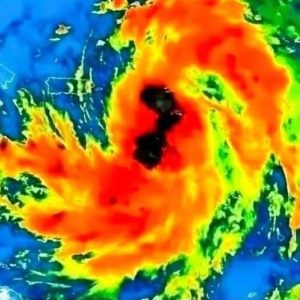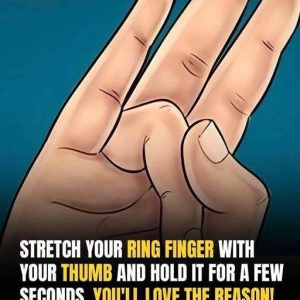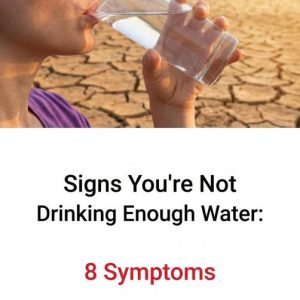An unhealthy diet and a stressful lifestyle are not just bad for you in themselves, but they can also lead to heart attacks. In fact, heart attacks have become the number one cause of death worldwide in recent years.
But don’t worry, there are steps you can take to protect your heart and lower your risk. By making healthier choices in your lifestyle, such as eating more fruits and vegetables, getting 8 hours of sleep every night, and reducing stress, you can significantly improve your heart health.
However, it’s also important to listen to the signals your body is giving you. Your body often begins to show symptoms of heart failure about a month before a heart attack occurs. By paying attention to these signs, you can take action and potentially prevent a heart attack from happening.
Here are 6 warning signs to watch out for:
- Shortness of Breath
If you find yourself struggling to catch your breath and feeling like you’re constantly out of breath, it could be a sign that your heart is not able to effectively pass blood and oxygen to your lungs. Don’t ignore this symptom – contact your physician right away. - Cold and Flu Symptoms
Feeling like you have a cold or the flu is not uncommon. However, if you’re also experiencing other symptoms on this list in addition to cold or flu-like symptoms, it’s important to take them seriously. - Chest Pressure
One of the clearest signs that a heart attack may be imminent is chest pain or pressure. If you’re experiencing any discomfort in your chest, it’s crucial to seek medical attention as soon as possible. - Weakness
The same way that your lungs suffer when your heart is weak, your muscles can also be affected. If you’re constantly feeling fatigued and weak, it’s a good idea to consult your physician. - Cold Sweats and Dizziness
When there’s poor circulation and blood flow to the brain, important for its proper functioning, it can lead to cold sweats and feelings of dizziness. If you’re experiencing these symptoms, it’s important to address them promptly. - Sleepiness
If you continue to feel excessively sleepy and tired even after getting enough rest, it could be a sign that your heart isn’t pumping enough blood. It’s crucial to speak with your doctor if this is an ongoing issue.
Prevention is key when it comes to heart attacks. By recognizing and addressing these symptoms in a timely manner, you can significantly reduce your chances of experiencing a heart attack.
Remember, your heart health is in your hands. Take care of yourself by making healthier choices and listening to your body’s warning signs. Your heart will thank you!





